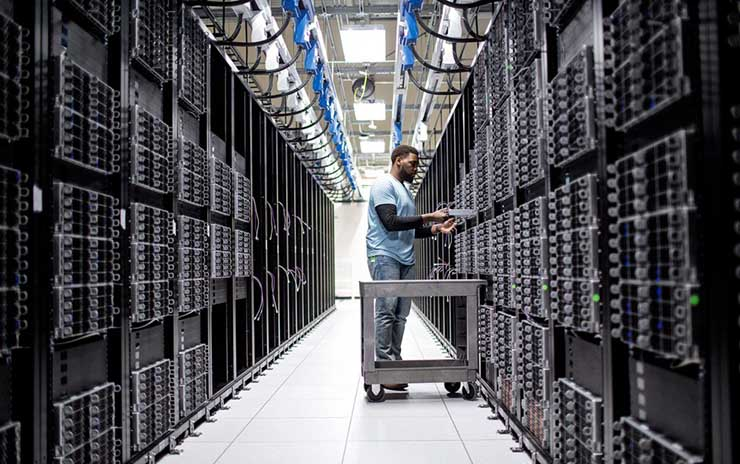Microsoft Employees Would Sleep In The Data Center

Corona has put the importance of data centers in the spotlight. Now a report allows a peek through the keyhole. At the height of the pandemic, Microsoft employees had made themselves comfortable in data centers to bring lookdown and work under one roof
If the lockdown imposed, the Microsoft employees stay in the data center
Because of Corona, work from home was, where possible, an integral part of their everyday work for many people for the first time – sometimes for weeks and months. Of course, there are also many professions in the IT world that require you to work locally. Precisely in this regard, a Microsoft employee has now given an interesting insight into the work of the Microsoft data centers at the height of the corona pandemic.
“I’ve heard amazing stories about people who actually slept in data centers,” said Kristen Roby Dimlow, corporate vice president of Total Rewards, Performance, and Human Resources Business Insights at Microsoft, during an interview with Morgan Stanley analysts Josh Baer and Mark Carlucci according to CNBC. “There were strict lockdowns in certain countries, so our own employees chose to sleep in the data center because they were afraid they would get stuck on a roadblock trying to get home.”
The challenge
As Dimlow explains, one shouldn’t imagine large dormitories between rustling server cabinets. Rather, it was a matter of a few employees who work at crucial points in the Microsoft infrastructure. Specifically, in the data centers for online services such as Microsoft Teams and the public cloud infrastructure for third-party customers, employees had to work on-site.
In addition, according to Dimlow, organizing the other work that keeps a data center running was a major challenge for Microsoft during the pandemic. The company had organized transport for employees independently of public transport. In addition, hotel rooms were also made available near the facilities. Of course, all of these factors bring with them friction points that disrupt the normal process: “In some cases, we had to switch to shift work, day and night, to get the work done within the same schedule,” said Noelle Walsh, the manager responsible for cloud operations.
RS News or Research Snipers focuses on technology news with a special focus on mobile technology, tech companies, and the latest trends in the technology industry. RS news has vast experience in covering the latest stories in technology.












